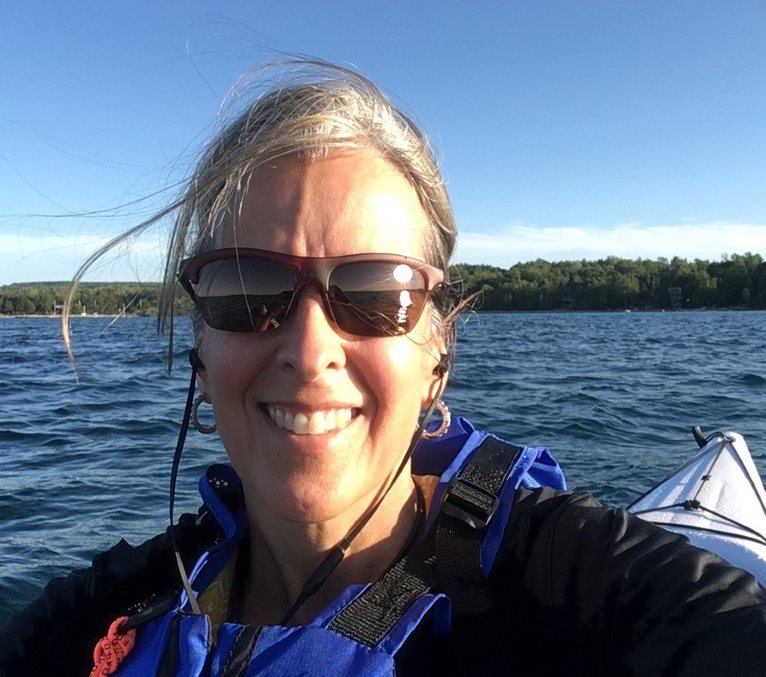By Corey Allen, senior manager, research communications
OneWATER, a new organized research unit (ORU) at York University, is in its infancy but is already driving positive change.
Launched last fall, OneWATER sent delegates to the United Nations in New York within its first few months of operating, where its members headlined a panel at the UN Water Conference. During the conference, OneWater announced its researchers will play a key role in the delivery of the Water Academy – a collaborative education program between York, several other academic institutions and UNITAR (United Nations Institute for Training and Research).

“OneWATER was created to bring together water experts from all over campus as well as partners and communities and go beyond what we can accomplish as lone researchers,” says director Sylvie Morin, professor in the Department of Chemistry, Faculty of Science. “We didn’t anticipate this much momentum.”
OneWATER is an acronym that details the combined expertise of its members – W for water management, A for artificial intelligence, T for technologies, E for education and sustainability and R for resource recovery and reuse.
Initially proposed as an ORU by Satinder Brar, professor and James and Joanne Love Chair in Environmental Engineering, Department of Civil Engineering, Lassonde School of Engineering, OneWATER brings together York University’s experts on water-related issues in multiple disciplines across several Faculties and units.
From civil engineering to water governance to environmental justice and more, OneWATER is the central hub at York for leading water-related experts to unite, conduct interdisciplinary research and generate knowledge on pressing issues, like water security, flooding and sanitation. This work has the potential to significantly inform and influence public policy.
For Morin, OneWATER creates a platform for York researchers to tackle bigger questions that would otherwise be unable to be fully explored within a single department or Faculty.
“We have something very special here,” she says. “As a collective, OneWATER can conduct higher-level, interdisciplinary and transdisciplinary research at York, take a significant leading role in Canada and compete for more significant grants. As an ORU, we are also better positioned to work on larger-scale projects with international collaborators.”
This summer, Morin will begin work on her first project under OneWATER.
Morin, along with Stephanie Gora, an assistant professor in the Department of Civil Engineering, and Yeuhyn Kim, a PhD candidate co-supervised by Morin and Gora, will develop new materials for sustainable wastewater treatment focusing on pesticides and pharmaceuticals.


